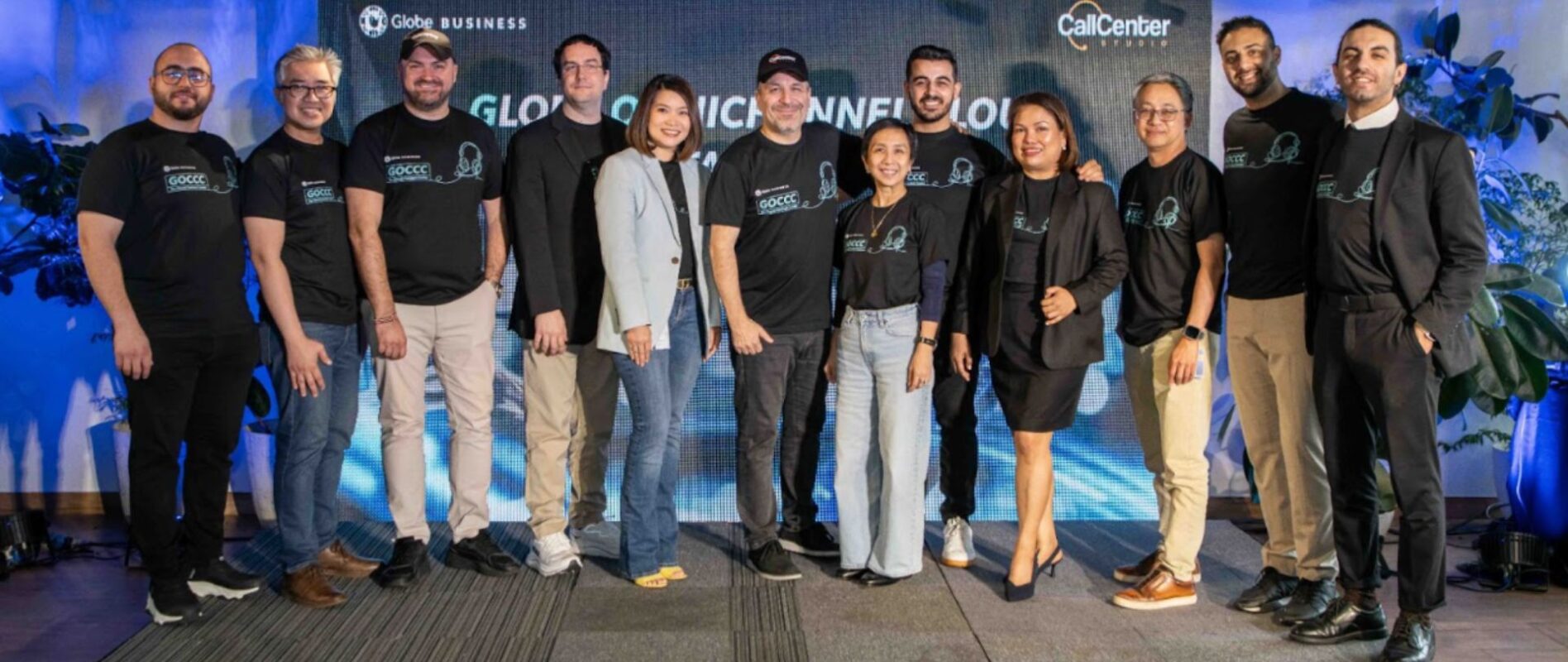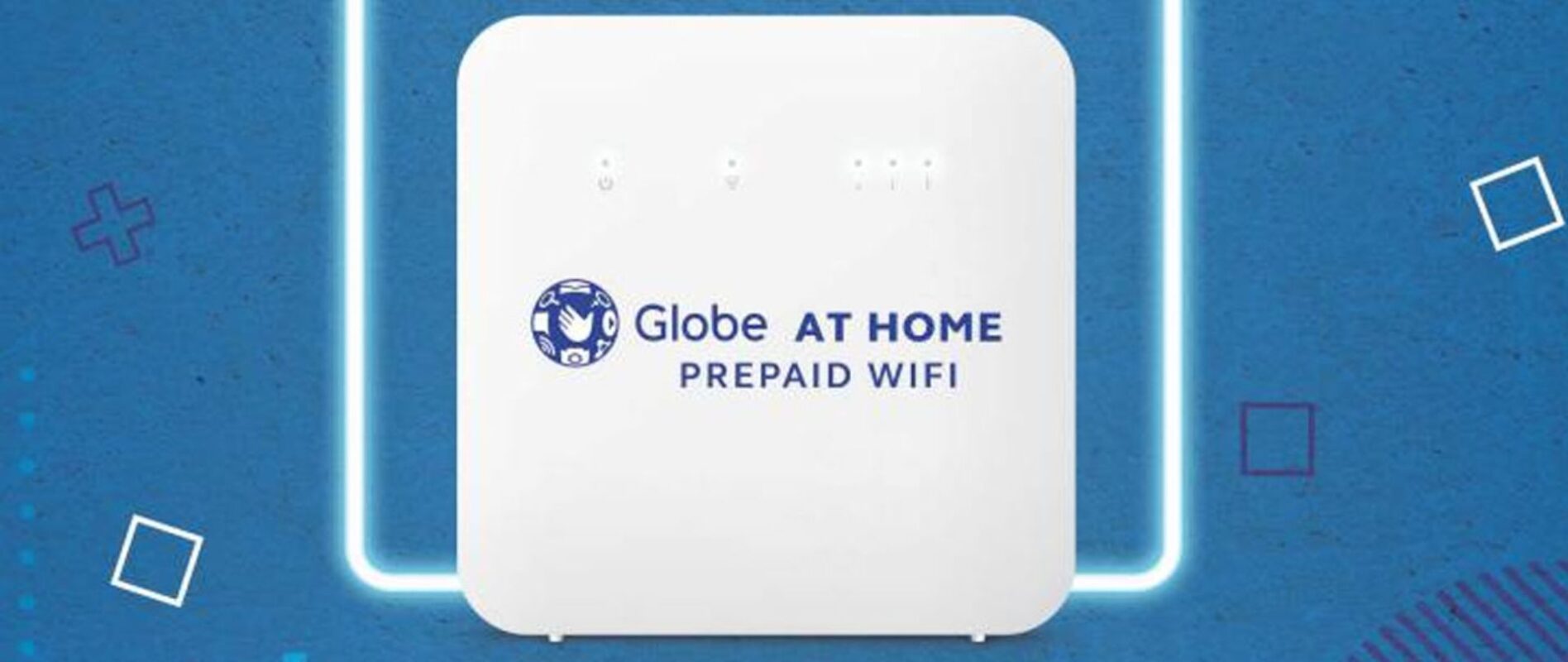GLOBE BUSINESS LEADS THE CHARGE TO SECURE HYBRID WORKSPACES
The modern workplace is no longer defined by office walls or company-issued devices. Bring Your Own Device (BYOD) policies have become the standard. Remote or hybrid work is now embedded across industries. These shifts have transformed how we work and how we must protect that work.
At one of the breakout sessions of G Summit 2025, leaders from Globe Business and its global cybersecurity partners came together to confront a rising challenge: how to secure an enterprise where employees can work from anywhere, often using devices beyond the reach of traditional IT controls.
Today, employees rely on personal phones and tablets for professional use. They work from airports, coffee shops, and homes, frequently connecting through unsecured networks. While these setups offer flexibility and productivity, they also introduce significant risks to business operations.
“The way we work has fundamentally changed,” said Oliver Patron, Assistant Director for Cybersecurity Solutions at Globe Business. “And so must the way we secure it.”
Embodying the modern security mindset, Patron presented Globe Business’ multi-layered approach to securing this decentralized environment. This comprehensive strategy is a necessary framework for any organization looking to protect its assets in a mobile-first world. The components of this framework include:
- Mobile Threat Defense (MTD) to shield both personal and company-owned devices from malware, phishing, and zero-day threats
- Unified Endpoint Management (UEM) to maintain oversight across a wide range of devices, including those not issued by the company
- Zero Trust frameworks that validate every user and device before allowing access to corporate systems
As a trusted digital transformation partner, Globe Business goes beyond talking about the technology, it provides an ecosystem of solutions. The company leverages its deep relationships with global leaders to deliver a holistic solution tailored for the local context. During the session, technology partners shared their global perspectives, underscoring the urgent need for action.
Zimperium pointed to the rising tide of mobile malware in the Philippines, framing mobile devices as one of the most overlooked vulnerabilities in today’s enterprise setups. “Up to 30% of mobile-based attacks in Southeast Asia are happening right here in the Philippines,” said Simon Scaife, Mobile Security Sales Lead at Zimperium. “Organizations need to start treating mobile as a serious attack surface, not an afterthought.”
Hexnode built on how unified endpoint management strengthens oversight, helping IT teams enforce policies and maintain consistent security across both personal and corporate devices. “UEM enables companies to keep control, even when devices are spread across cities, homes, and networks,” said Keith O’Leary, Enterprise Sales Director at Hexnode. “It’s about simplifying IT’s job without sacrificing security.”
Zscaler expanded the conversation, emphasizing its cloud-native platform. Through its Secure Access Service Edge (SASE), the platform protects the critical layer between users and applications. This allows Zscaler to secure access from anywhere to anywhere, ensuring identity-based, Zero Trust access in a modern workplace that no longer fits within traditional perimeters. “Perimeters have disappeared. Today, it’s about connecting the right user to the right app at the right time, with the right contexts and verifying everything,” said Sanjay Yadave, Vice President and Managing Director for Greater Asia at Zscaler. “Zero Trust isn’t just a security model – it’s a business enabler in a mobile-first world.”
“The modern workspace has eliminated traditional parameters, making the need for robust cybersecurity a critical necessity,” said KD Dizon, Head of Globe Business. “Our focus is on empowering businesses to navigate these complexities with confidence. We want them to harness the full potential of modern work while managing risk every step of the way.”
The session ended with a clear message: as work continues to evolve, cybersecurity must evolve with it, ensuring comprehensive protection that extends directly to every user and device. This adaptive approach is key to harnessing the full potential of modern work without compromising on security.








